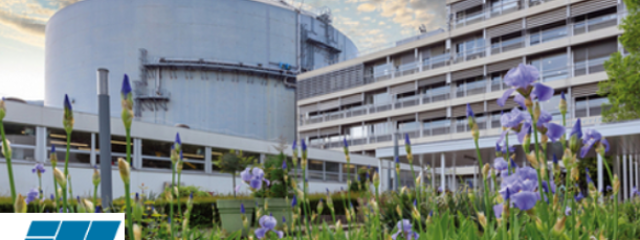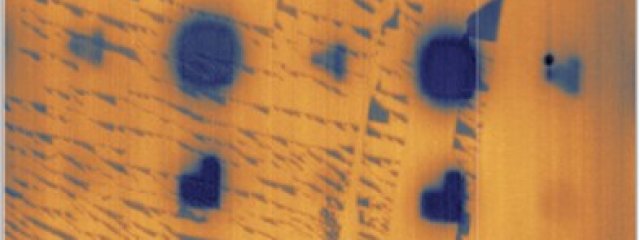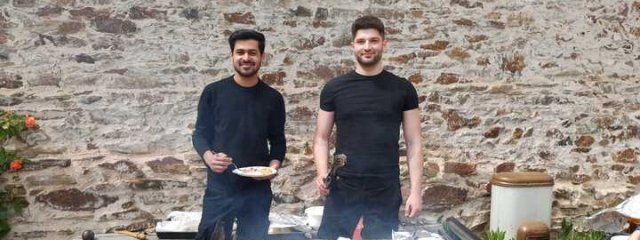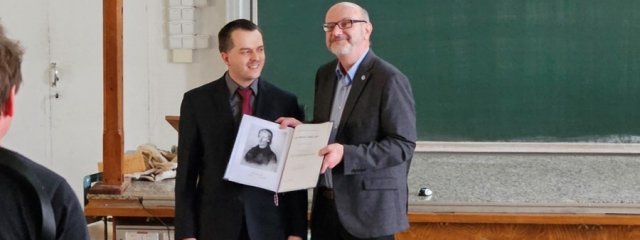News from magnetic group
RNDr. Michal Vališka, Ph.D. from our department became the laureate of the Neuron Award for promising scientists in the field of physics, awarded by the Neuron Foundation. He received the award at a gala evening on January 18 at the…
The Czech Science Foundation has announced the results of the Junior Star 2026 competition, in which 18 outstanding early-career scientists from all areas of basic research were successful. Among the winners is RNDr. Michal Vališka, Ph.D., from our department, who…
The Charles University Grant Agency has published the final evaluations of its funded projects. We are pleased to share that the project ‘Electrical and magnetic properties of rare-earth iridates under extreme conditions’ (no. 148622), solved by Mgr. Daniel Staško, Ph.D.,…
The annual Scientific Members Meeting of the Institut Laue-Langevin (ILL; Grenoble, France) took place in Paris on 19th June 2025. The main topics of the agenda included recent scientific and technical developments at the ILL, covering the advancement of experimental…
Researchers from the groups of Klára Uhlířová and Tim Verhagen have become the first to discover moiré ferroelectricity in single crystals of chalcogenides with incommensurate crystal structures. The phenomenon was first identified during the work on a bachelor thesis, though…
Last Saturday, there was a Garden party organized by our group head Ross Colman for (not only) our department colleagues in Tuchotice yard. This already traditional meeting complements our friendly collective relationship on more informal basis and brings more open…
The Bernard Bolzano Endowment Fund Prize was awarded to Michal Vališka on March 12, 2025, for his outstanding contributions in research of unconventional superconductor UTe₂. This recognition follows the publication of key findings in PNAS, Nature Communications, and other high-impact…
On Monday 27th January 2025, our PhD student Daniel Staško successfully defended his doctoral thesis, completing his study cascade at our department and faculty. His research path began in 2017 within the student faculty project and was followed by his…
Our recent paper published in the Proceedings of the National Academy of Sciences (PNAS), titled “Superconducting critical temperature elevated by intense magnetic fields,” explores how intense magnetic fields influence superconductivity in unconventional systems, shedding new light on the physics of…
Our department isn’t focused solely on basic research – we’re also dedicated to advanced automation that pushes the boundaries of science. The Charles Automata team has prepared an original Christmas video for you, in which a robot precisely arranges hundreds…











